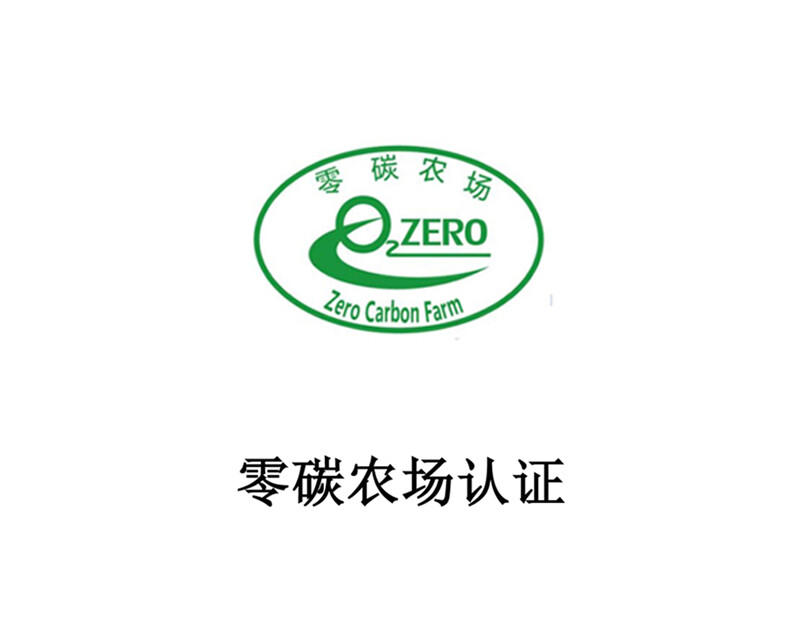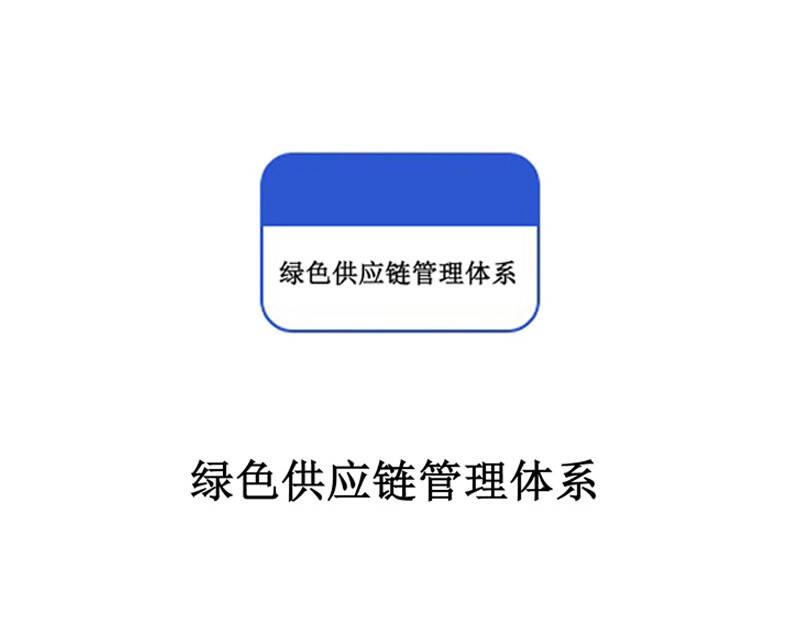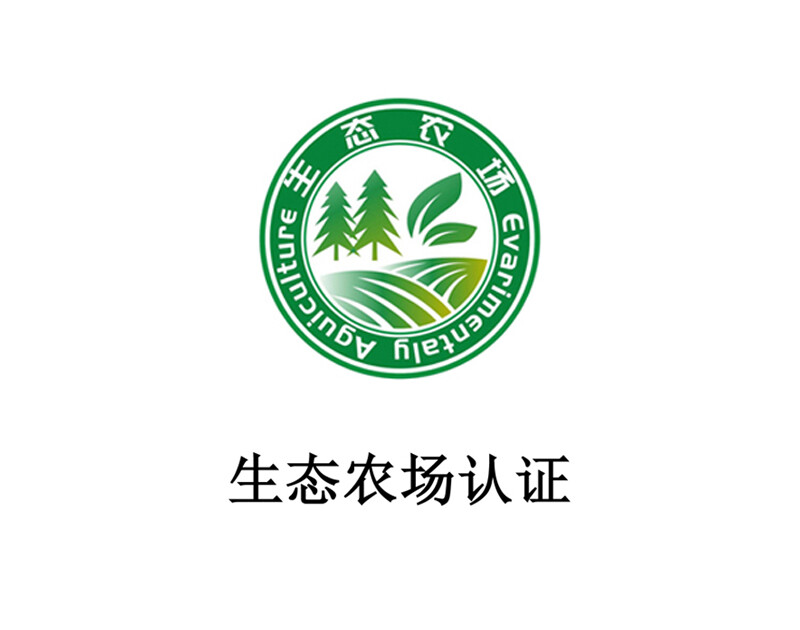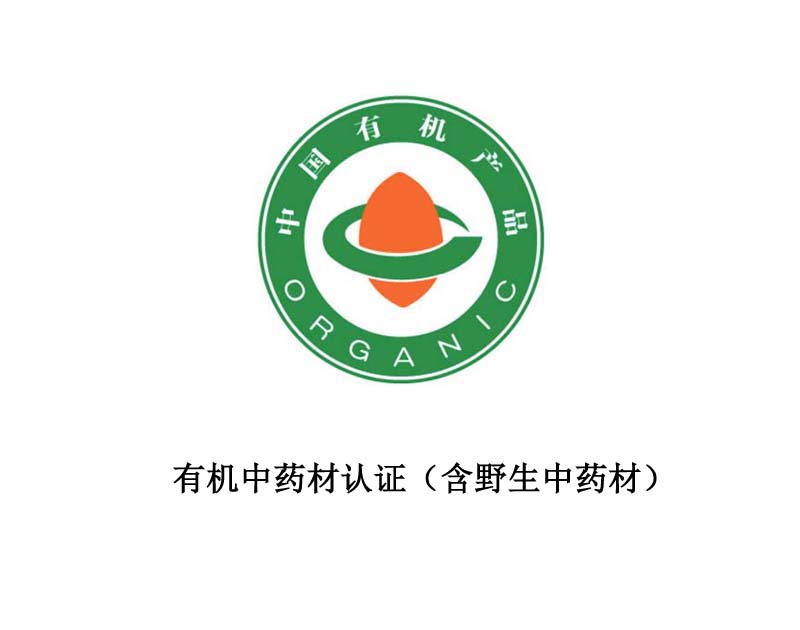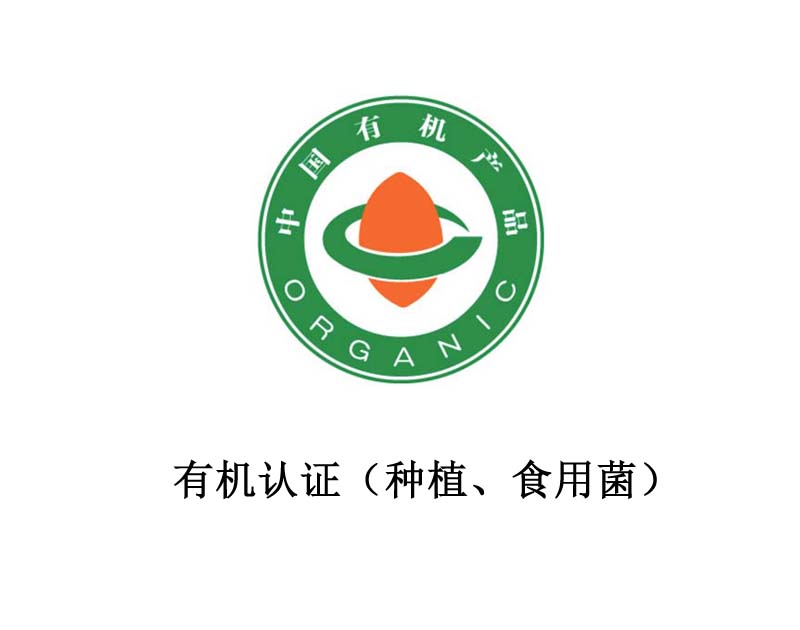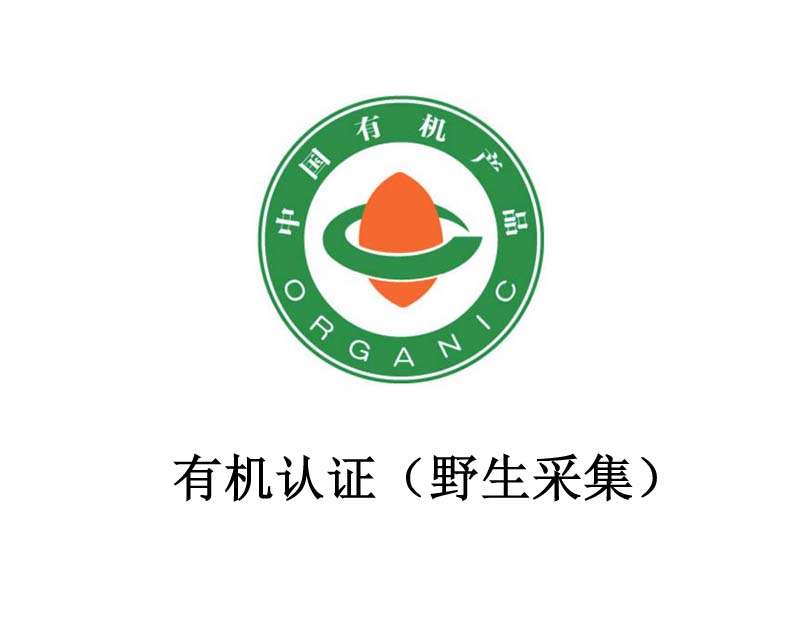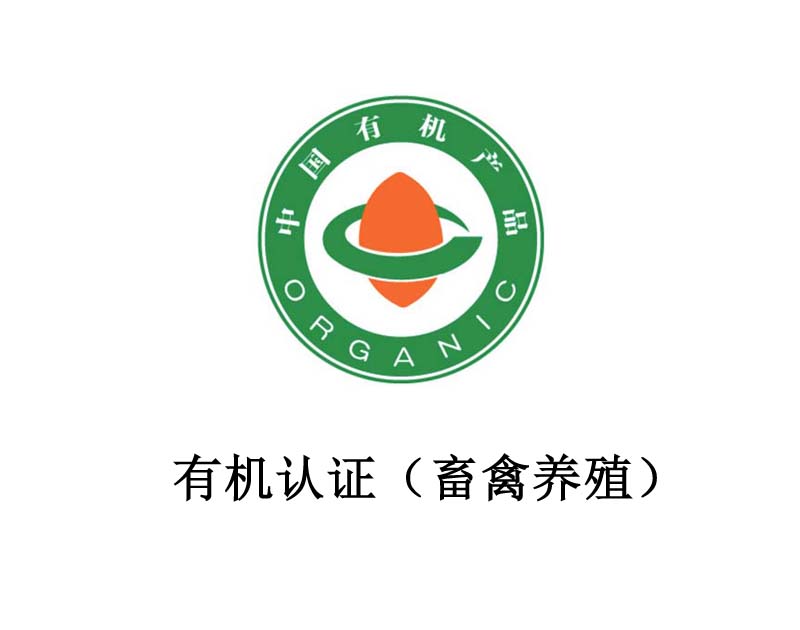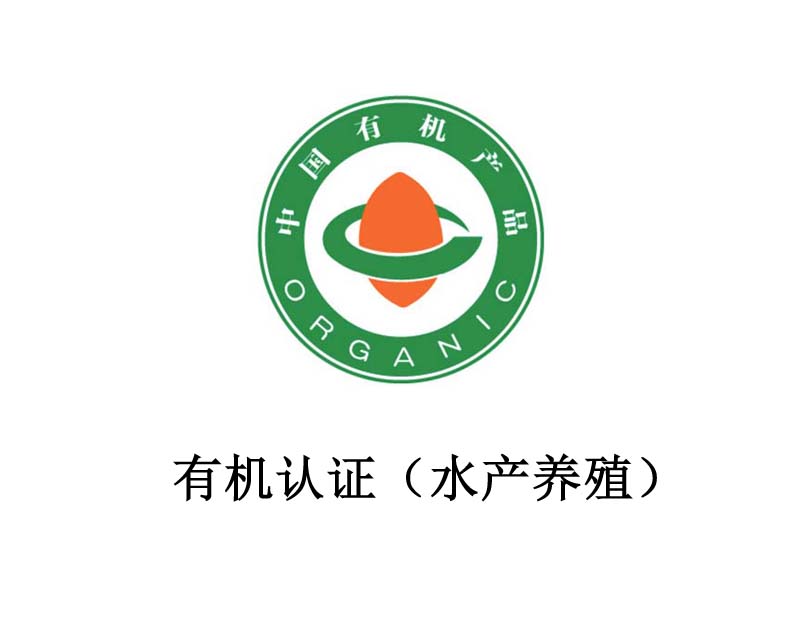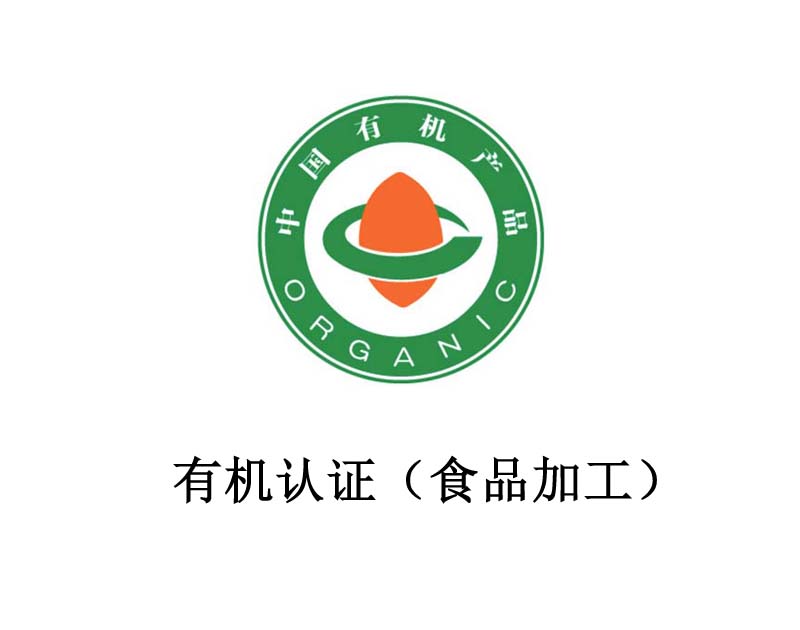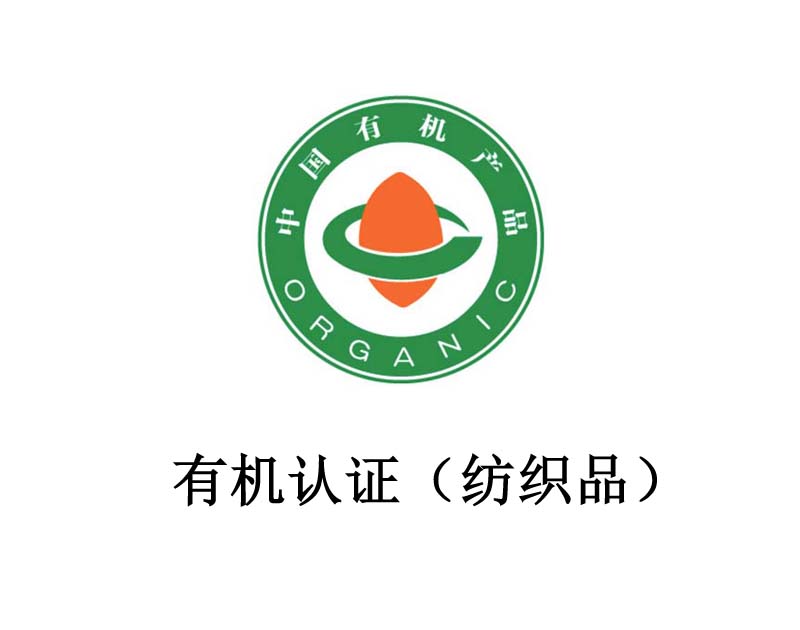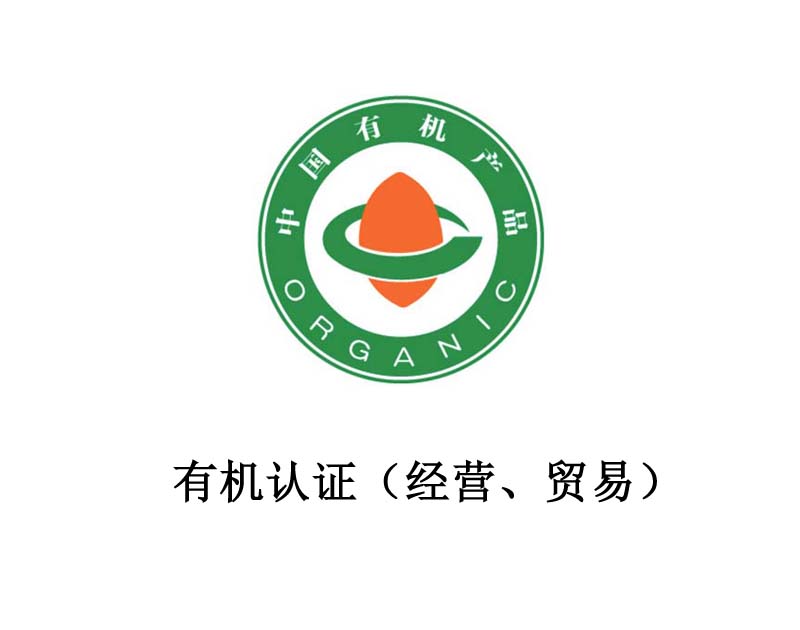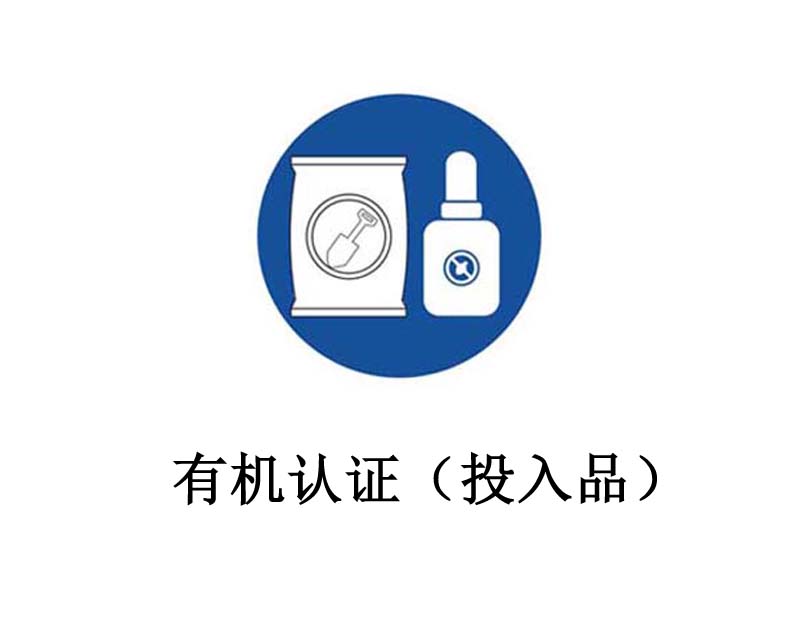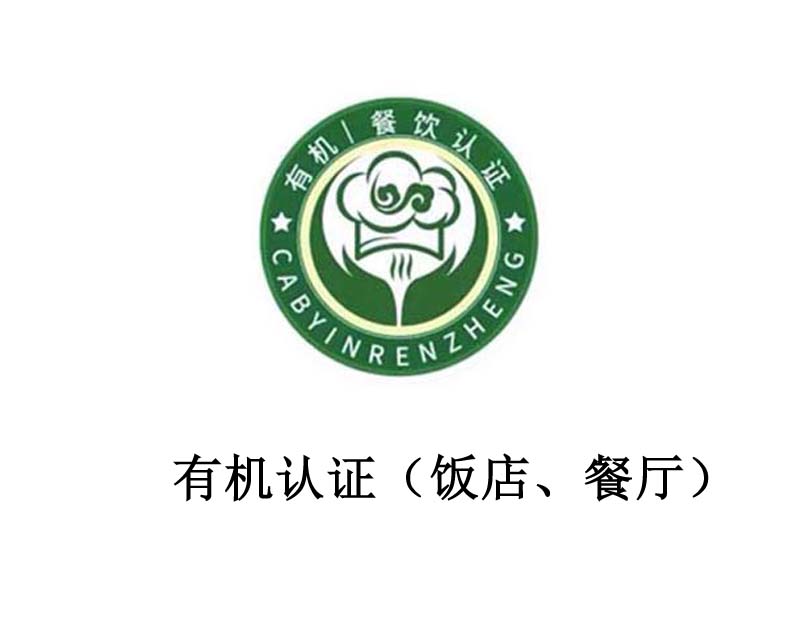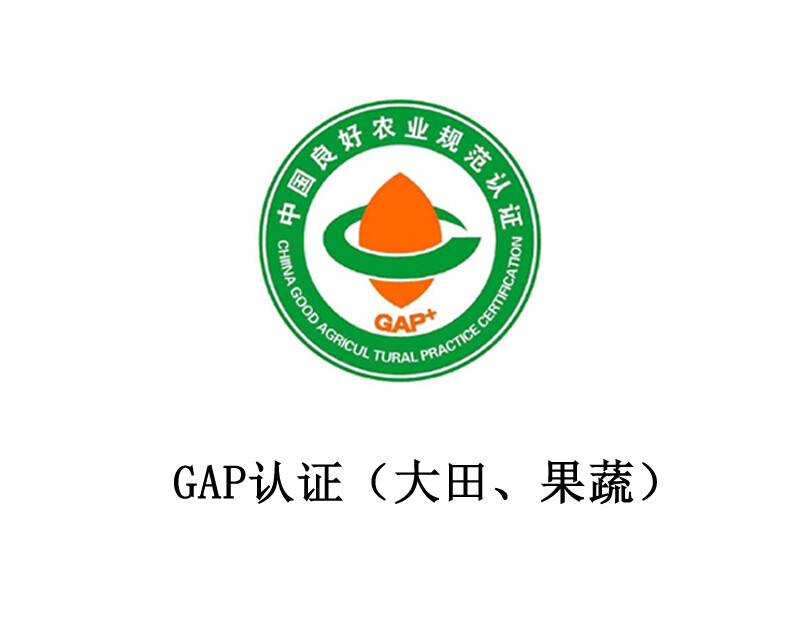Agricultural Product Food Certification Service Network
Technical Support: China Green Huaxing (Beijing) Agricultural Research Institute
Copyright: Guohuan Organic Agricultural Products (Dezhou) Co., Ltd
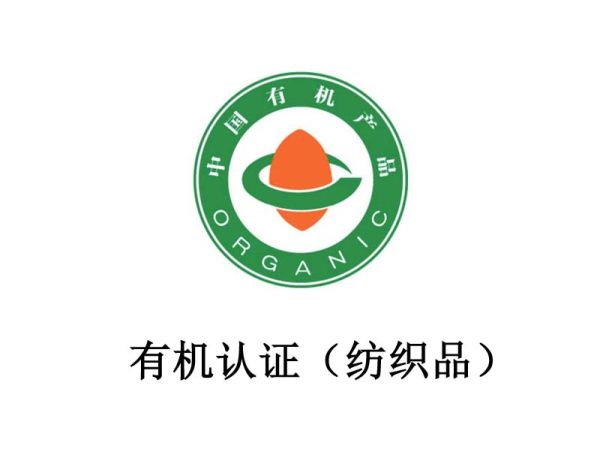
【Organic Textiles】:
Organic product: refers to products that are organically produced and processed for human consumption and animal food. Organic textiles refer to products (yarn, thread, silk, cloth and their finished products) made from organic fiber raw materials (bamboo fiber; silk; lint; hemp; kapok).
[Organic textile processing requirements] include but are not limited to:
1. Appropriate methods should be adopted in the textile processing process to reduce the impact on the environment.
2. Substances harmful to the human body and the environment should not be used. The additives used should not contain carcinogenic, teratogenic, mutagenic, or allergenic substances. The oral lethal dose (LD50) for mammals should be greater than 2,000 mg/kg.
3. Substances that are easily bioaccumulative and non-biodegradable should not be used.
4. Energy consumption should be minimized during textile processing, and renewable energy should be used.
5. If separating organic processing from conventional processing in terms of process or equipment will have a significant adverse impact on the environment, the organic and conventional processing processes or equipment may not be separated provided that effective measures are taken to ensure that organic textiles are not contaminated by prohibited substances.
6. Processing units should adopt effective sewage treatment technology to ensure that the concentration of pollutants in the wastewater does not exceed the provisions of GB 4287.
7. An environmental management improvement plan for the processing process should be formulated and implemented.
8. The surfactants used in the cocoon cooking process or wool washing process should be biodegradable.
9. The sizing slurry should be easily degradable or at least 80% can be recycled.
10. In the mercerization process, when sodium hydroxide or other alkaline substances are used, they should be recycled to the maximum extent possible.
11. Textile oil and weaving oil (needle oil) should be biodegradable or plant-extracted.
12. Dyes of plant or mineral origin should be used.
13. Harmful dyes and substances prohibited by GB/T 18885 should not be used
14. It is advisable to use natural printing and dyeing thickeners.
15. It is advisable to use biodegradable softeners.
16. Substances that can form organic halogen compounds in wastewater should not be used to clean printing and dyeing equipment.
17. The heavy metal content in dyes should comply with the indicators in Appendix H Table H.1 of GB/T19630 organic standard.
18. Auxiliary materials in finished products (such as lining, decorations, buttons, zippers, stitching, etc.) should be made of environmentally friendly materials, preferably natural materials.
